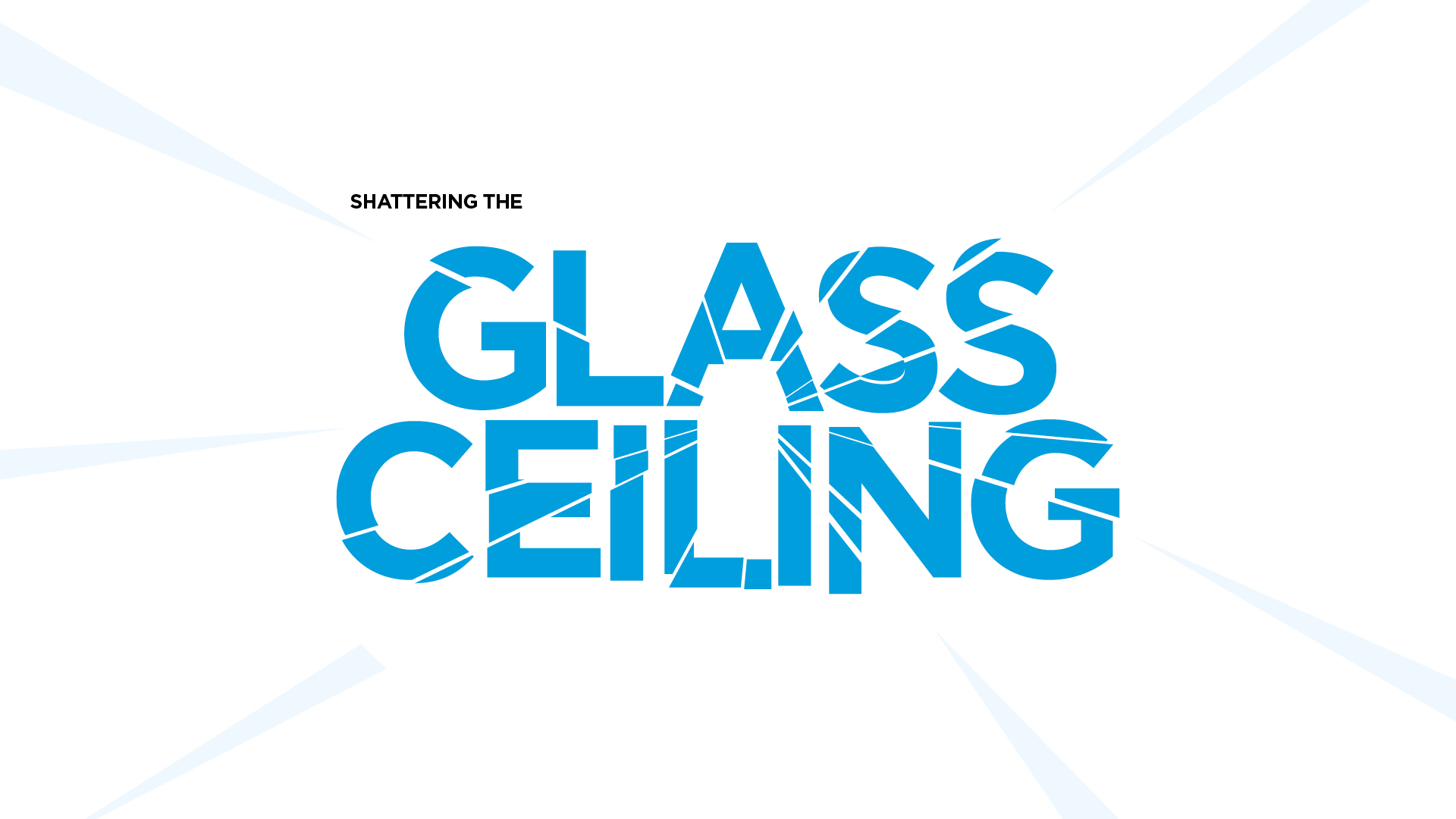12th September 2019
BlogThe idea that we distrust trials is an easy excuse for poor recruitment. But the reality is more nuanced. Public opinion often shows that, despite some wariness, most agree clinical trials are important and would consider getting involved. The challenge is telling the right people about the right opportunities. A consumer mindset is therefore key.
The opportunity gap
Only a fraction of eligible patients are ever offered the chance to participate in a clinical trial. Fewer than 1 in 20 cancer patients in the US enrols in cancer clinical trials, for example. And a recent survey of more than 900 clinical research professionals showed that finding enough participants was one of their top three barriers to conducting clinical trials.
But the problem isn’t an unwillingness to participate. In a global survey of over 12,000 people, more than 8 in 10 people said clinical research is very important to the discovery and development of new medicines. And yet more – 9 in 10 – believe research is generally safe.
Great news!
Here comes the bad – almost half said that clinical trials are rarely considered as an option when discussing treatments or medications with their doctor. And 6 in 10 were unable to name a place where studies were conducted.
Despite the phenomenal medicinal need for clinical trials and large numbers of patients willing to participate, the main challenge is that patients don’t have the appropriate information. To succeed in improving trial recruitment and retention, shattering the glass ceiling preventing their access is crucial.
Rachel Lind is from Antidote, a direct-to-patient digital health company focussed on accelerating medical breakthroughs by connecting patients with research. She sums up the challenge as follows: “The biggest barrier is lack of access to information about clinical trials as a care option.” She cites a recent survey that Antidote carried out with SCORR Marketing, in which patients were asked what would most help them make informed decisions about participating. The answer was simple: making it easier for them to learn about clinical trials.
Shwen Gwee is General Manager and Head of Open Innovation at Novartis. He says: “Don’t presume your patients – or their doctors – know exactly what clinical trial is right for them. We need to educate and guide patients to trials that are suitable for them, rather than assume they or their doctor will find that single trial that fits.”
Thinking beyond healthcare
We need to make more noise and frame the opportunity of clinical trials to the public, patients, their doctors and patient advocacy groups. And we must remember that patients and doctors don’t live in special ‘patient’/‘doctor’ bubbles – they are everyday people living in the real world, where they are bombarded by consumer messaging.
We compete not simply with other clinical trials, but the world of distraction that is modern life.
The average person is thought to see as many as 3,000 advertising messages every day across all media. The competition for share of voice goes well beyond just competing studies, but has expanded across alternative and holistic therapies, as well as powerful consumer brands such as Apple, Facebook, Amazon and Nike. To stand out we must use the tools of the very best consumer brands. Those that not only understand the power of advertising, but that have already adapted to the experience or brand-as-a-service way of thinking. That means not just ‘better ads’, but mirroring those brands and businesses that truly understand the need to centre their offer around their customers’ experiences.
The HCP gatekeeper
David Richards is a mental health researcher from the University of Exeter, UK. He led the DiReCT study that looked at improving recruitment for mental health related trials. The study piloted a system where patients seeing doctors for help with anxiety and depression were asked to join a large cohort from which they could be randomly selected for several clinical trials. Richards found that most patients were willing to participate in the scheme, but it was reluctance from doctors to ask for their involvement that was holding back recruitment.
In this study lies an important point: healthcare professionals (HCPs) are crucial gatekeepers to clinical trials, and so educational outreach should go beyond the confines of the patient and help to build HCP advocates for clinical research.
T.J. Sharpe is a stage IV melanoma survivor and patient advisor to the pharma industry. He says: “As HCPs are often the most trusted source of medical information, when clinical trial participation discussion is ignored or downplayed, the effect on patients can be discouraging to trial participation”.
Lindsey Wahlstrom-Edwards from Antidote says: “Patients want to hear about research from their physicians, but doctors are overburdened and aren’t always aware of what’s available, so there’s a disconnect there that we need to address.”
By developing the ‘push’ factor from patients in tandem, so that more patients are aware of research and will ask to be involved in suitable trials, we will create an environment where clinical trials become part of the everyday for patients and the public alike.
—-
This year’s Havas Lynx Group’s white paper campaign explores how bringing the patient experience front and centre in clinical trials could revolutionise trial design, retention and recruitment – ultimately improving outcomes.
Learn more about Patient Centricity on Trial here.
